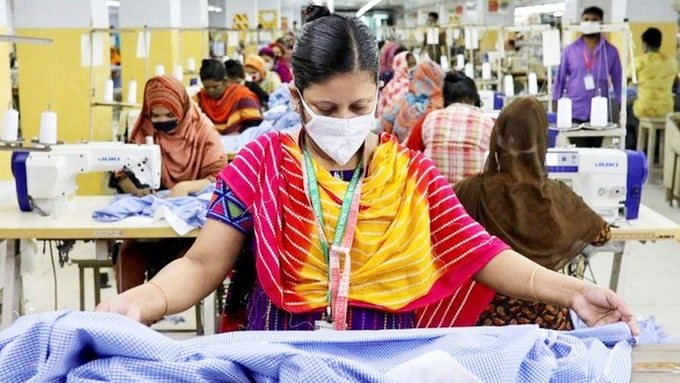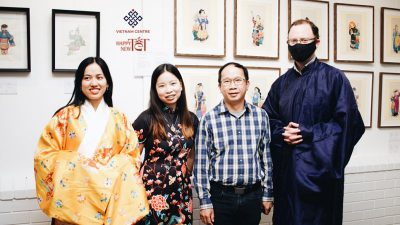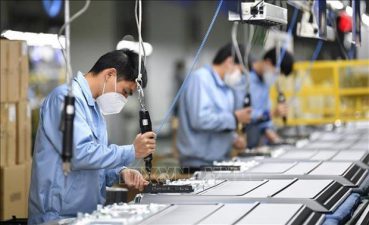
The COVID-19 pandemic pushed as many as 80 million people in developing Asia into extreme poverty last year, according to the Asian Development Bank (ADB) in a recent important report on the region.
The socio-economic impact caused by the pandemic has hampered efforts to achieve the UN’s global development goals and is threatening to derail them, according to the report.
Out of the Asia-Pacific economies reported on by the ADB, including 46 developing and three developed ones, only around 25% recorded economic growth in 2020.
According to ADB estimates, the population living in extreme poverty (less than US$1.9 per day) in Asia declined from 5.2% in 2017 to 2.6% before the outbreak of COVID-19 in 2020.
However, the pandemic caused an estimated increase of 2% in the poverty rate last year. The region lost about 8 per cent of its work hours, affecting poorer households and workers in the informal economy.
ADB Chief Economist Yasuyuki Sawada said that Asia-Pacific region has made impressive strides, but COVID-19 has revealed social and economic fault lines that may weaken the region’s sustainable and inclusive development.
The world economy has also been witnessing uneven growth. According to a report by the International Monetary Fund (IMF), the global economy is projected to grow 6% in 2021; however, developed countries are recording stronger growth than developing ones.
The IMF has announced a US$650 billion allocation of Special Drawing Rights (SDR) approved by its board of governors in early August. About US$275 billion is going to emerging and developing countries, of which low-income countries will receive about US$21 billion.
This SDR allocation will provide additional liquidity to the global economic system, supplementing countries’ foreign exchange reserves and stepping up their fight against the crisis, noted IMF Managing Director Kristalina Georgieva.
The UN recently said that the goal of hunger eradication and malnutrition in the world by 2030 is unlikely to be achieved due to COVID-19 pandemic and the spread of new virus variants has exacerbated the current situation.
The UN’s International Fund for Agricultural Development (IFAD) will work with the development banks of poor countries to invest in the transition to a sustainable food system to benefit the most vulnerable people.
Source: Nhan Dan Online


